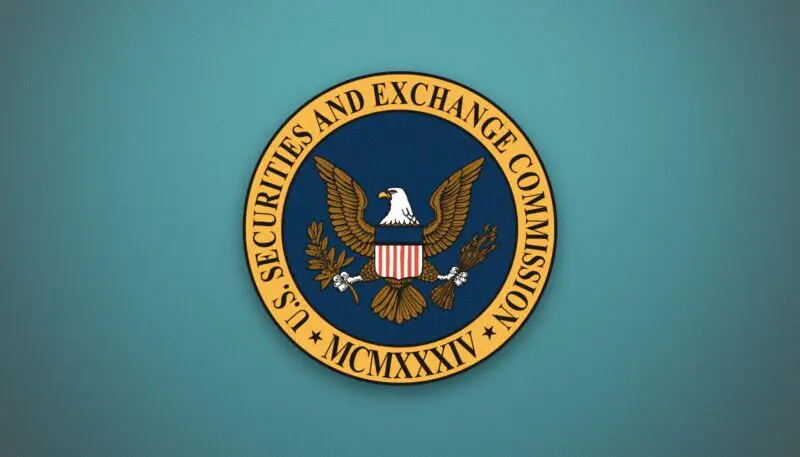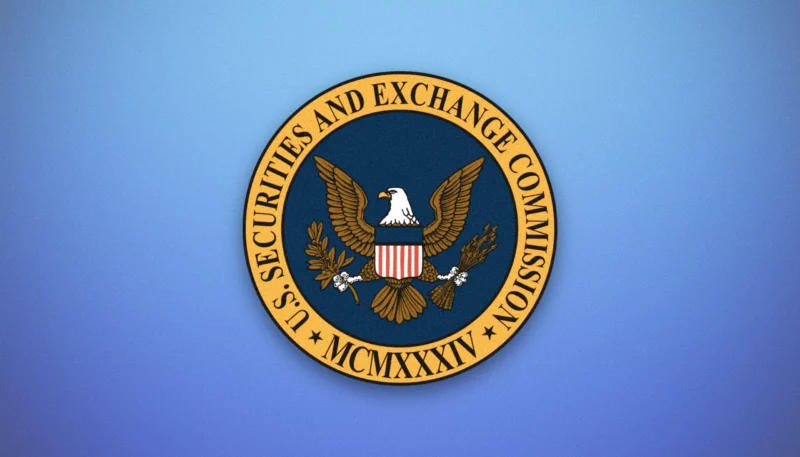As part of the Dodd-Frank Act, Congress directed the SEC to review whether a so-called “self-regulatory organization” (or “SRO”) should be created to regulate investment advisers. Doing so would make investment adviser regulation more akin to the way broker-dealers are regulated.
Under securities laws, broker-dealers must register with the SEC by filing Form BD. But Form BD is a relatively minor step in the process of registering a broker-dealer, because broker-dealers are also required to become a member of the Financial Industry Regulatory Authority (“FINRA”). The membership application for FINRA is the most time-consuming step in creating a new broker-dealer. After a broker-dealer is registered, FINRA also takes the primary role in regulating the activities of the broker-dealer.
After the SEC issued its report on an SRO for investment advisers, House Financial Services Committee Chairman Spencer Bachus (R-LA) and Rep. Carolyn McCarthy (D-NY) introduced the Investment Adviser Oversight Act of 2012. The bill is an amendment to the Investment Advisers Act of 1940 which requires investment advisers to join a new SRO that would be funded by membership fees. Though not explicitly set forth in the bill, FINRA (or another organization affiliated with FINRA) would be expected to be that SRO.
However, the North American Securities Administrators Association (“NASAA”), which is the association that represents the state securities regulators, has taken the position that an SRO is neither necessary nor a good idea because they believe that the state securities regulators and the SEC can collectively regulate the investment adviser industry in a more efficient manner than an SRO. In its opposition to an SRO, NASAA has argued that an SRO would not be an effective regulator because an SRO, being a membership based organization, is beholden to the same members it is required to regulate. In addition, the Investment Advisers Association (“IAA”), a lobbying group for investment advisers, opposes the creation of an SRO for investment advisers as a heavy, unnecessary burden for the investment advisory industry.
In June, after the Government Accountability Office issued a report which criticized the SEC’s oversight of FINRA, Rep. Maxine Waters (D-CA) introduced the Investment Advisor Examination Improvement Act of 2012, which keeps oversight of investment advisors with the SEC, and pays for the SEC’s review with user fees charged to investment advisers. This user fee model is supported by both the NASAA and industry groups, like the IAA, which have argued that not only is it cheaper to fund SEC oversight (rather than create a new SRO), but that the SEC will be more effective at protecting the public from investment advisors than FINRA.
Momentum seems to be moving away from the creation of an SRO for investment advisers. It isn’t very often that you will see the NASAA (which generally lobbies for the most restrictive securities regulation) on the same side as the securities industry itself. In addition, Rep. Waters is not exactly known as a particularly pro-business congresswoman, so it’s difficult to argue that she is beholden to industry. While you’d think that industry would prefer to be regulated by the private sector, the reality is that broker-dealers’ experience with FINRA has led industry players to believe that a government regulator may actually be more preferable than the ones at FINRA, which charges expensive membership fees and issues extensive regulation which broker-dealers must follow in addition to SEC rules. The result has made for some strange bedfellows.
———————————–
© 2012 Alexander J. Davie — This article is for general information only. The information presented should not be construed to be formal legal advice nor the formation of a lawyer/client relationship.




